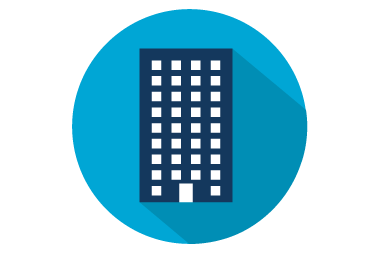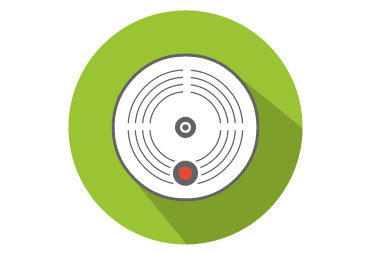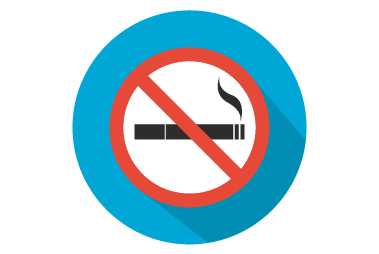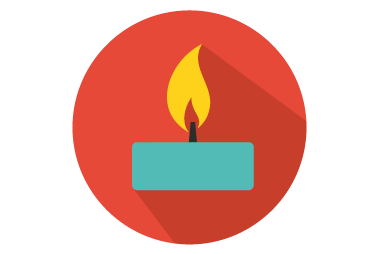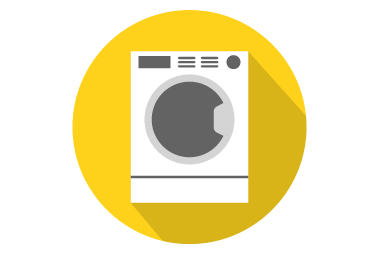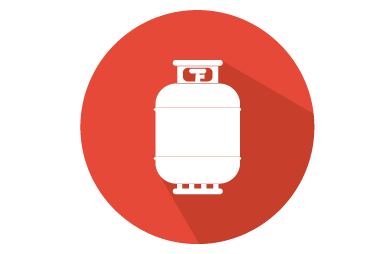Fire safety in your home: High-rise living
Please contact Merseyside Fire & Rescue for fire safety advice. Call 0800 731 5958 or visit merseyfire.gov.uk
High-rise blocks have no greater risk of fire than other types of homes. However you should always consider your fire safety, and the impact it may have on other residents, should anything happen.
We know nothing is more important than keeping you and your family safe which is why you need to know what to do in the event of a fire no matter where you happen to be in the building.
As your landlord, we want to ensure you are aware of the fire safety instructions for your home, in line with the Fire Safety (England) Regulations 2022.
This includes information on fire doors, your flat entrance door, and communal areas, along with the appropriate evacuation strategy.
Fire Action Notices can be found within the communal areas of your building, normally in main entrances, exits, staircases and by lifts. These notices provide specific information on the action to take if a fire occurs in your building and how to report it – please familiarise yourself with the information regarding your building’s specific procedures.
Designed with safety in mind
One Vision Housing high-rise flats are built to delay the spread of fire. Your building has been designed with fire safety in mind.
Fire safety in your home
Communal areas
Everyone is responsible for fire safety in their own home and within the building, including any communal areas (i.e. communal hallways, bin rooms, shared stairways etc.). Please follow these tips to keep your communal areas fire safe.
-
Smoking
Do not smoke in any communal area. As per the Smoke Free Regulations 2006 it is illegal to smoke in any public internal communal areas. Smoking will activate the communal fire detection systems. If we confirm you or a visitor to your home is responsible for a false fire alarm we will recharge you for the cost of our engineers and the Fire Service to attend.
-
Rubbish
Do not leave rubbish, bikes, mobility scooters, prams, items of furniture, carpets or any other items in any communal areas. All of these items are a fire risk and could prevent easy passage along the escape routes should you and others need to evacuate the block.
-
Fire Doors
In the event of a fire, fire doors help prevent the spread of fire, smoke, and toxic gases from one area to another. This makes them an essential element of fire safety measures. One Vision Housing inspects fire doors in communal areas on a quarterly basis (four times a year) and will make best endeavours to inspect your flat entrance door once every 12 months.
Keep fire doors closed and do not open them. They are there to stop fires from spreading. OVH may need to periodically inspect your own flat entrance door to ensure it is operating and fitting correctly. Please report to us straight away if you notice:
- A fire door is damaged or not fitting fully into its frame
- Fire doors being wedged open
- A fire door is not closing correctly
IMPORTANT: You must never disconnect the self closing device to any fire doors in the building.
You play an important part with regards to fire safety in your building and your cooperation in ensuring all fire doors remain effective is vital. Please:
- Allow One Vision Housing colleagues, or those working on its behalf access when requested, to carry out inspections as necessary.
- Keep your flat entrance door and communal fire doors shut when not in use.
- Never tamper with or allow anyone to tamper with self-closing devices.
- If you suspect a self-closing device has been tampered with, or identify damage to any fire doors, please contact us immediately.
-
Emergency lighting
If you notice any damage to light fittings throughout the building or if they are not working properly, please contact us immediately.
-
Bin Rooms
Please do not place any combustible items in the bin room. If you need to dispose of any large items (i.e. mattresses, furniture etc.) please call Sefton Council on 0345 140 0845 to arrange removal of your unwanted bulky items.
Escape route – have a plan!
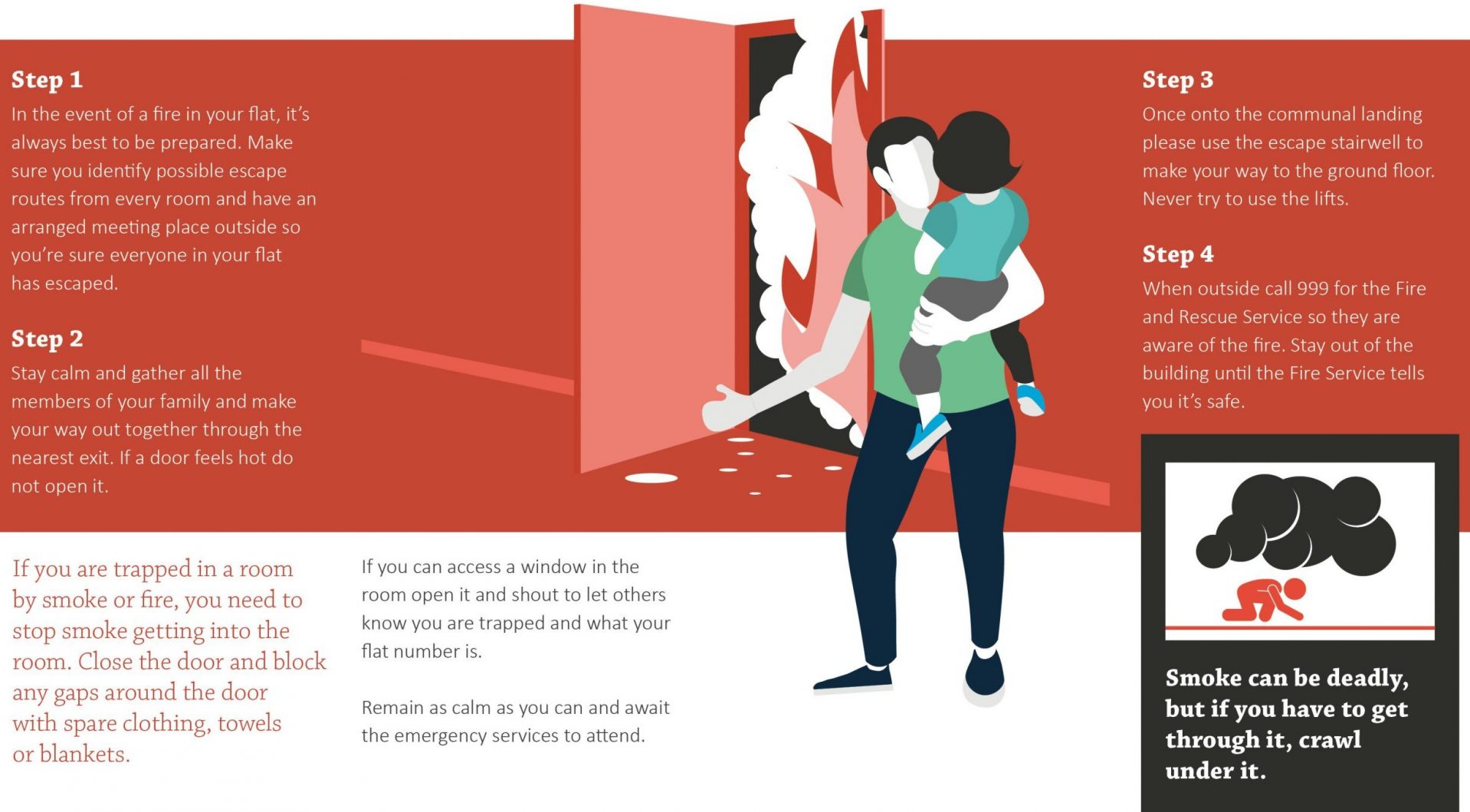
-
Plan your exit route
Step 1 – In the event of a fire in your flat, it’s always best to be prepared. Make sure you identify possible escape routes from every room and have an arranged meeting place outside so you’re sure everyone in your flat has escaped.
Step 2 – Stay calm and gather all the members of your family and make your way out together through the nearest exit. If a door feels hot do not open it.
Step 3 – Once onto the communal landing please use the escape stairwell to make your way to the ground floor. Never try to use the lifts.
Step 4 – When outside call 999 for the Fire and Rescue Service so they are aware of the fire. Stay out of the building until the Fire Service tells you it’s safe.
If you are trapped in a room by smoke or fire, you need to stop smoke getting into the room. Close the door and block any gaps around the door with spare clothing, towels or blankets.
If you can access a window in the room, open it and shout to let others know you are trapped and what your flat number is.
Remain as calm as you can and await the emergency services to attend.Smoke can be deadly, but if you have to get through it, crawl under it.
-
Make a bedtime checklist
- Close inside doors at night to stop a fire from spreading
- Turn off and unplug electrical appliances unless they are designed to be left on (i.e. your fridge)
- Don’t leave washing machines or dryers on overnight
- Check your cooker is turned off
- Put candles and cigarettes out properly
- Make sure exit routes from your flat are kept clear
- During the holidays make sure you turn off any mains powered fairy lights
Knowing how to react in a fire will always give you and your family the best opportunity of remaining safe, so please ensure everyone in your home is familiar with the content of this guide and they adopt the helpful tips provided.
-
Fire Action Notice
We want to ensure you are aware of the fire safety instructions for your home in line with the Fire Safety (England) Regulations 2022.
This includes information on fire doors: your flat entrance door and communal areas, along with the appropriate evacuation strategy.
Fire Action Notices can be found within the communal areas of your building, normally in main entrances/exits, staircases and by lifts. These notices provide specific information on the action to take if a fire occurs in your building and how to report it – please make yourself familiar with the information regarding your building’s specific procedures.
In the event of a fire in your flat:
Ensure that everyone evacuates your flat immediately. Close the front door to your flat.
Make your way out of the building, using the common escape route.
Once you are outside the building, call the fire and rescue service by dialling 999.
In the event of a fire elsewhere in the building:
The building is designed to contain a fire and allow you to remain in your flat in relative safety if the fire is in another flat or elsewhere in the building.
If your flat is not affected by fire, you will be safe to remain in your flat.
Leave your flat if it becomes affected by fire and smoke or you are directed to leave by the Fire and Rescue Service.
If you are in a common area:
Leave the building immediately – do not go back to your flat.
Do not use the lifts
Once you are outside the building, call the Fire and Rescue Service by dialing 999.IMPORTANT NOTE: Where a ‘stay safe’ policy is in place, we would emphasise that if you are in any doubt that it is safe to remain in your flat and provided it is safe to use the common escape routes, then you should leave the building as quickly as possible.
Calling the Fire and Rescue Service:
Dial 999. When the operator answers, give your telephone number and ask for FIRE.
When the Fire and Rescue Service answers, give them your address and the location of the fire. Do not end the call until the Fire and Rescue Service have confirmed the address.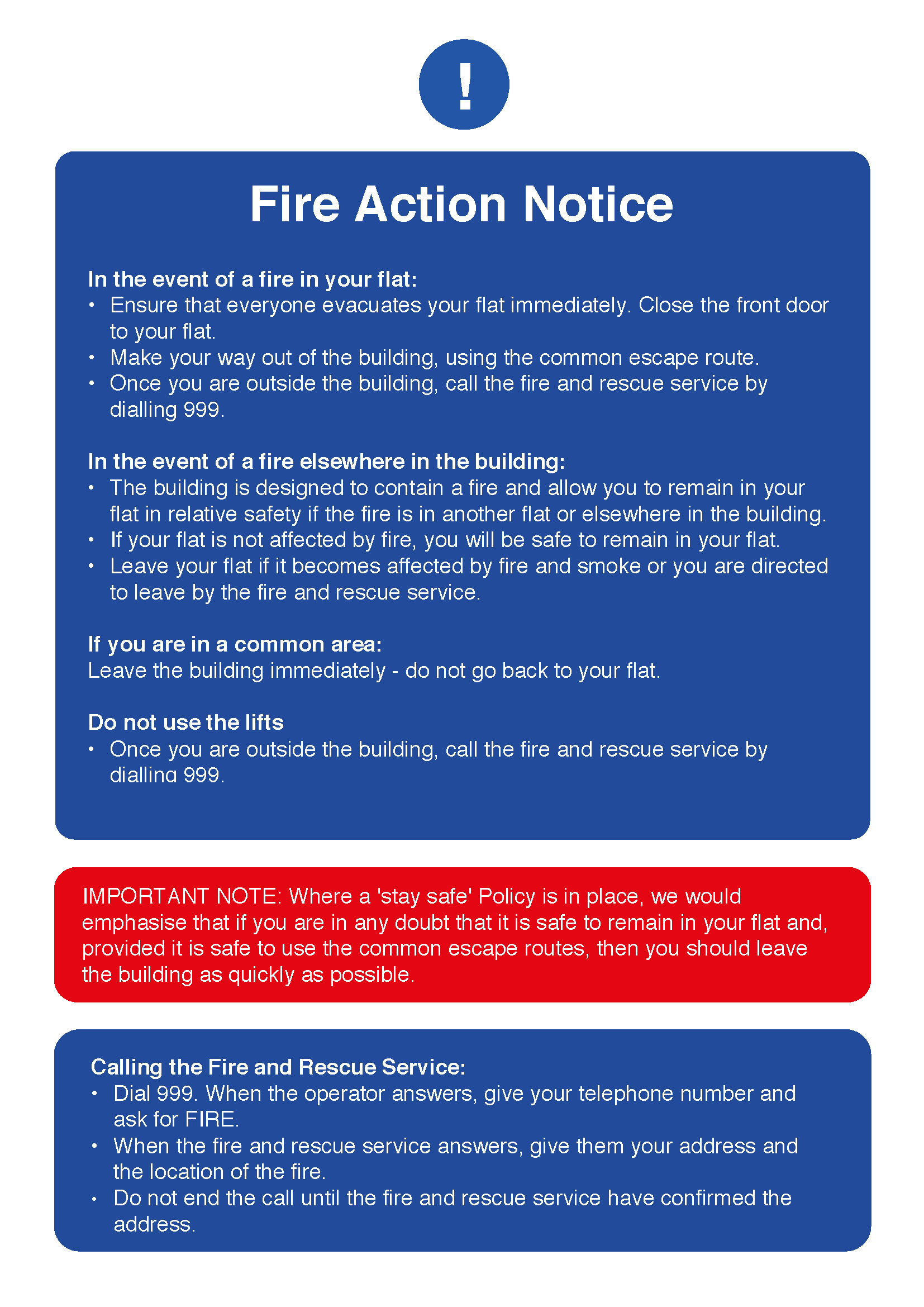
Our commitment to the Building Safety Act 2022
In line with the Building Safety Act 2022, we are committed to:
- Completing fire risk assessments and recording these in full.
- Recording fire safety arrangements that demonstrate how fire safety is managed within our organisation
- Recording the identity and contact information of those responsible for fire safety within our organisation
- Cooperating with all accountable persons to carry out duties imposed
- Sharing relevant fire safety information with customers in a format that is easy to understand and access which includes:
- Informing customers of any significant risks identified in fire risk assessments. Please contact us if you wish to discuss the results of your building fire risk assessment.
- Providing information on fire safety measures for all occupants via customer booklets and leaflets
- The name and address of the Responsible Person, which is One Vision Housing, PO Box 891, Orpington, BR6 1LY
- The identity of any person appointed to assist with making or reviewing the fire risk assessment – Is Tetra Tech
- The identity of any competent person nominated by the Responsible Person to implement firefighting measures – Lee Haugh (Building Safety and Compliance Manager) Sovini Property Services and other contractors and consultants
- Strengthening the status of statutory guidance issued under Article 50 of the Fire Safety Order
If you have any concerns over fire safety, please contact us.
